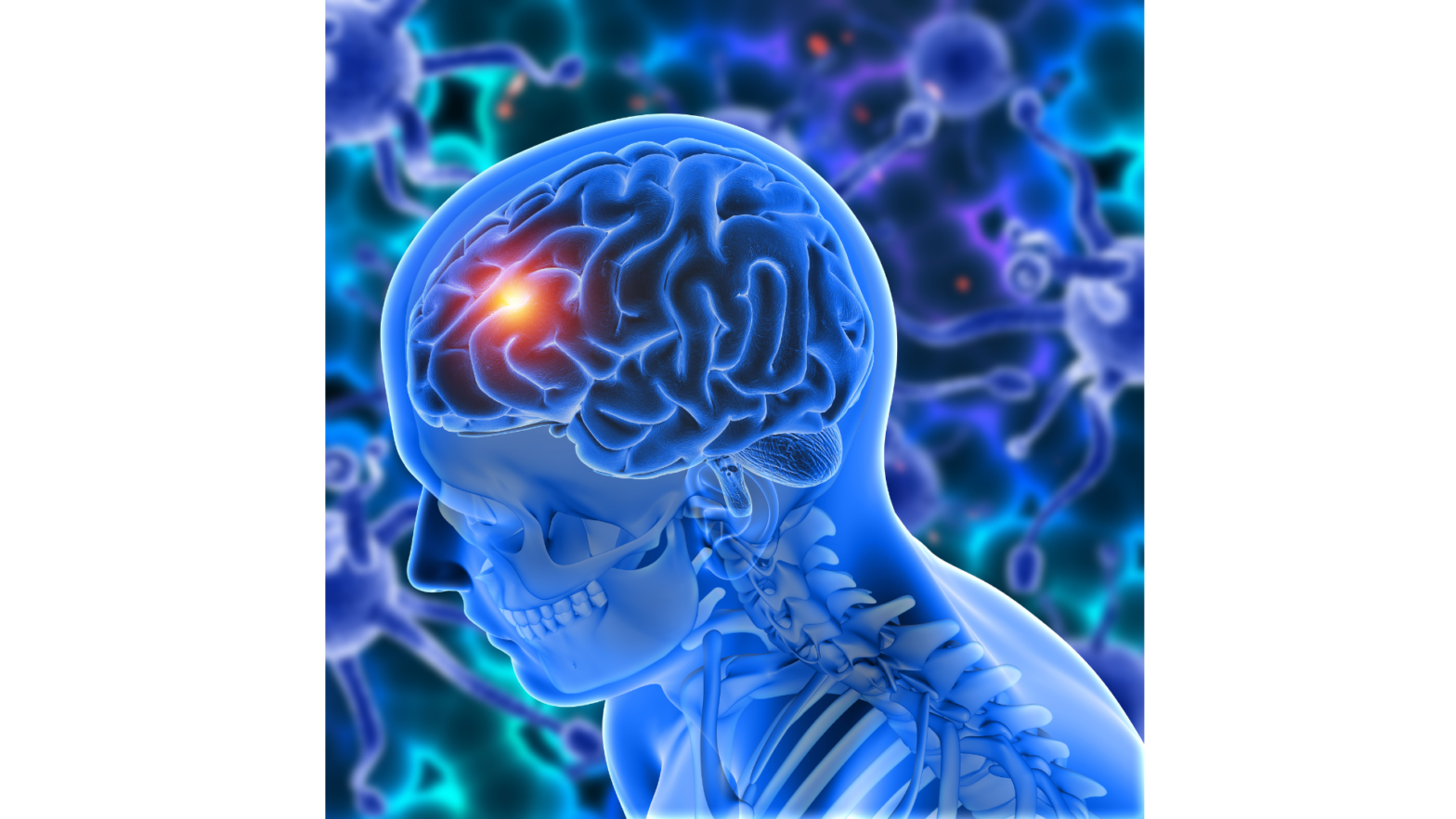When we think of DNA, we often think of the blueprint of life—the genetic code that determines everything from our eye colour to our risk of developing certain diseases. But did you know DNA is also key to understanding and treating brain tumours?
Brain tumours are complex. They can be benign (non-cancerous) or malignant (cancerous), and their impact on a person’s health varies widely. For years, the treatment of brain tumours relied heavily on imaging tests, biopsies, and surgical techniques. However, the role of DNA in shaping how we approach brain tumours is now taking centre stage. This new frontier in medicine is not just about treating tumours but understanding them at their core.
Decoding the DNA of Brain Tumors
At the heart of every tumour is a set of genetic changes that make normal cells grow uncontrollably. These changes often involve mutations, where the DNA sequence is altered. Scientists have identified specific genetic mutations common in certain types of brain tumours. For instance:
- Glioblastomas, one of the most aggressive brain tumours, often have mutations in genes like TP53 or EGFR.
- Meningiomas, generally slower-growing tumours, can carry mutations in the NF2 gene.
By studying these mutations, researchers can better understand why certain tumours behave the way they do. This knowledge not only helps in diagnosis but also opens the door to personalised treatment options.
Personalised Medicine: Tailoring Treatment to DNA
One of the most exciting developments in this field is the rise of personalised medicine. Instead of using a one-size-fits-all approach, doctors are now looking at the unique genetic makeup of a patient’s tumour to guide treatment.
For example, if a brain tumour has a mutation that makes it sensitive to a specific drug, that drug can be prescribed to target the tumour more effectively. This approach minimises the trial-and-error process of finding the right treatment and reduces side effects.
Another breakthrough is the use of biomarkers, which are genetic clues found in the tumour’s DNA. These biomarkers can predict how a tumour will respond to certain therapies, making it easier to choose the best course of action.
Detecting Brain Tumors Early with DNA
Early detection of brain tumours can make a huge difference in treatment outcomes. Traditional methods like MRI or CT scans are highly effective but often come into play only after symptoms appear. What if we could detect brain tumours before they show any signs?
This is where DNA analysis is showing promise. In some cases, tiny fragments of tumour DNA, known as circulating tumour DNA (ctDNA), can be found in the blood or spinal fluid. Tests to detect ctDNA are still in the early stages but could someday serve as a non-invasive way to identify brain tumours at an early stage.
Challenges in DNA Research for Brain Tumors
While the progress is exciting, it’s important to acknowledge the challenges.
1. The complexity of Brain Tumors: Brain tumours are incredibly diverse, even among the same types. Two glioblastomas might behave very differently depending on their genetic makeup.
2. Accessibility: Unlike other tissues, obtaining samples from the brain is more invasive and carries risks.
3. Cost of Genetic Testing: DNA testing and personalized treatments can be expensive, making them less accessible to many patients.
Despite these hurdles, researchers remain optimistic. Advances in technology, like next-generation sequencing, are making it faster and more affordable to analyse DNA.
Conclusion
The study of DNA is revolutionising how we understand and treat brain tumours. Imagine a world where brain tumours are detected with a simple blood test, treatments are customised to each patient, and survival rates are significantly improved.
We’re not there yet, but every discovery brings us closer. As researchers continue to unravel the secrets of DNA, the hope is that brain tumours will no longer be as frightening or as life-altering as they are today.
In the end, DNA doesn’t just tell us about the origins of brain tumours—it offers a path forward, a glimpse of a future where knowledge truly is power. And that’s something worth believing in.

